The Impact of Social Media on Mental Health in Adolescents.
"Exploring the Pros and Cons of Social Media on Mental Health"

The impact of social media on mental health in adolescents is a growing concern for parents, educators, and mental health professionals. With the rise of social media, adolescents are exposed to a variety of online platforms that can have both positive and negative effects on their mental health.

On the positive side, social media can provide adolescents with a sense of connection and belonging, as well as a platform to express themselves. It can also be a great source of support, allowing adolescents to reach out to their peers for advice and support.
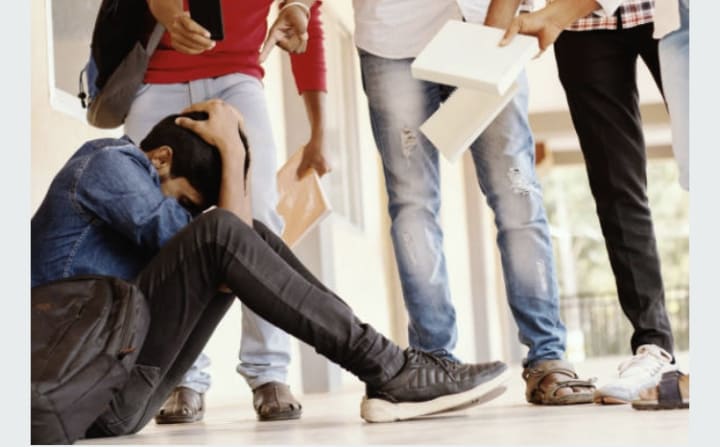
However, there are also potential negative effects of social media on mental health. Excessive use of social media can lead to feelings of isolation, depression, and anxiety. It can also lead to cyberbullying, which can have serious consequences for adolescents’ mental health.
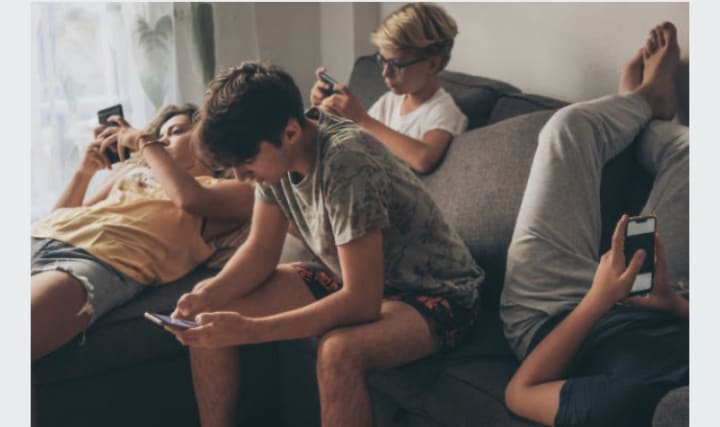
In addition, adolescents may be exposed to a variety of online content that can be damaging to their mental health. This includes content that promotes unhealthy body image, violence, and other negative behaviors.
To help protect adolescents’ mental health, it is important for parents, educators, and mental health professionals to be aware of the potential risks of social media use. It is also important to provide adolescents with the tools and resources they need to make healthy choices when using social media.

This includes teaching them how to recognize and respond to cyberbullying, setting healthy boundaries around their social media use, and encouraging them to seek help if they are struggling with their mental health.
By taking these steps, we can help ensure that adolescents are able to use social media in a way that is beneficial to their mental health.
The Effect Of Social Media On Self-Esteem In Adolescents.
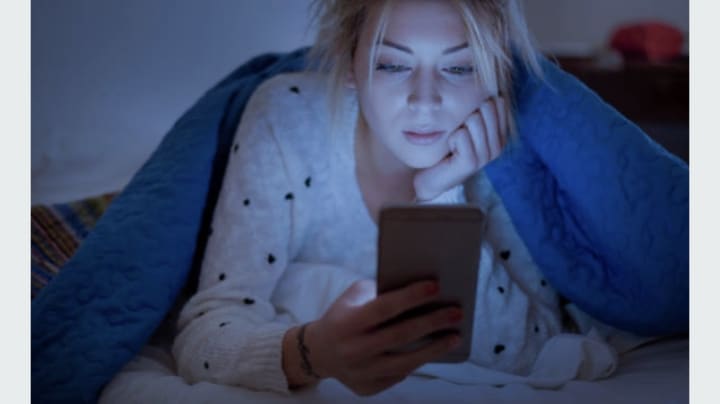
The rise of social media has had a profound impact on the lives of adolescents, particularly in terms of their self-esteem. Social media can be a powerful tool for connecting with friends and family, but it can also be a source of stress and anxiety. Studies have shown that adolescents who use social media frequently are more likely to experience low self-esteem, depression, and body image issues.
The effects of social media on self-esteem can be both positive and negative. On the one hand, social media can provide a platform for adolescents to express themselves and connect with others. This can be beneficial for their self-esteem, as it can help them feel accepted and appreciated. On the other hand, social media can also be a source of comparison and competition. Adolescents may compare themselves to others and feel inadequate or inferior. This can lead to feelings of low self-worth and depression.
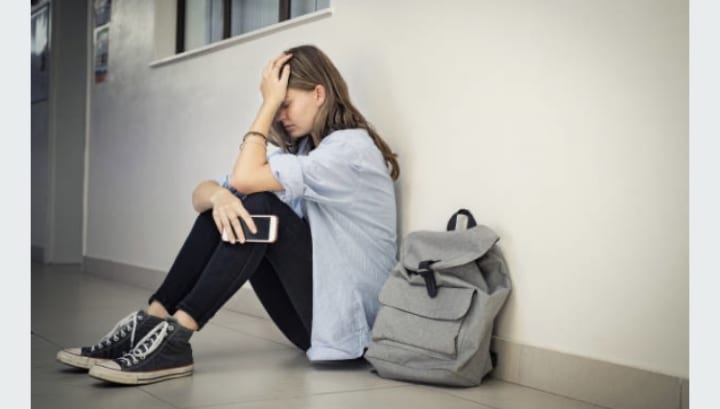
In addition, social media can also have a negative impact on body image. Adolescents may be exposed to unrealistic images of beauty and perfection, which can lead to feelings of insecurity and dissatisfaction with their own appearance. This can lead to unhealthy behaviors such as dieting, excessive exercise, and even eating disorders.
It is important for parents and educators to be aware of the potential effects of social media on self-esteem in adolescents. Parents should talk to their children about the potential risks of social media and encourage them to use it in a positive way. Educators should also be aware of the potential risks and provide support and guidance to students who may be struggling with self-esteem issues. Finally, it is important for adolescents to be mindful of their own self-esteem and to take steps to protect it. This can include limiting their time on social media, engaging in positive activities, and seeking help if needed.
The Impact of Social Media on Substance Abuse in Adolescents
The use of social media has become increasingly popular among adolescents in recent years. With the rise of social media, adolescents are exposed to a variety of influences, including those related to substance abuse. Studies have shown that social media can have a significant impact on the likelihood of adolescents engaging in substance abuse.
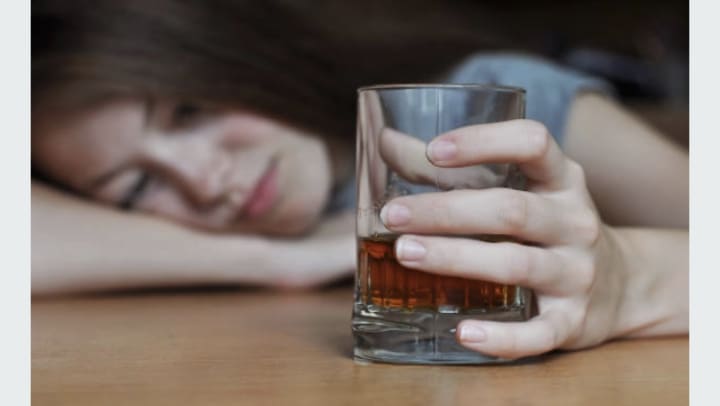
The most common form of substance abuse among adolescents is alcohol. Studies have found that adolescents who use social media are more likely to engage in alcohol use than those who do not. This is likely due to the fact that social media provides adolescents with access to images and messages that promote alcohol use. Additionally, adolescents may be exposed to peer pressure to drink alcohol through social media.

In addition to alcohol, adolescents are also exposed to other substances such as marijuana, prescription drugs, and illicit drugs. This is likely due to the fact that social media provides adolescents with access to images and messages that promote marijuana use. Additionally, adolescents may be exposed to peer pressure to use marijuana through social media.
Prescription drugs are also a concern for adolescents who use social media. adolescents may be exposed to peer pressure to use prescription drugs through social media.
The impact of social media on substance abuse in adolescents is clear. It is important for parents and educators to be aware of the potential risks associated with social media use and to take steps to reduce the likelihood of adolescents engaging in substance abuse.
The Role Of Social Media In Mental Health Education and Awareness In Adolescents
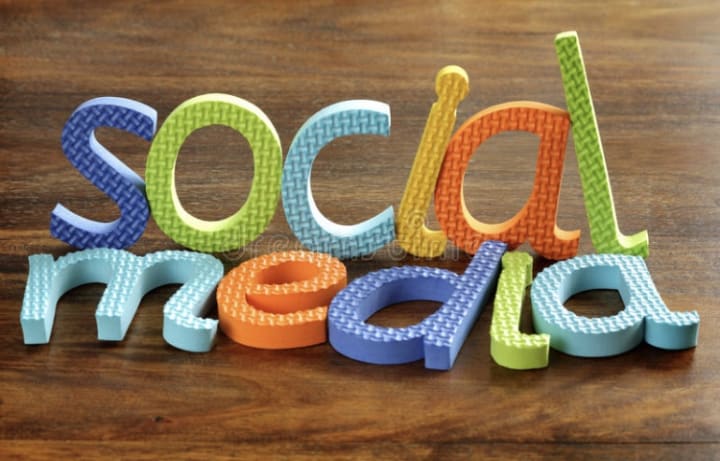
The role of social media in mental health education and awareness in adolescents is becoming increasingly important. With the rise of social media, adolescents are exposed to a variety of mental health issues, from depression and anxiety to eating disorders and self-harm. Social media can be a powerful tool for educating adolescents about mental health and providing them with resources to help them cope with their own mental health issues.

Social media can be used to spread awareness about mental health issues and provide resources to those who need help. Platforms such as Instagram, Twitter, and Facebook can be used to share stories, articles, and videos about mental health topics. This can help to normalize conversations about mental health and provide a safe space for adolescents to discuss their own experiences. Additionally, social media can be used to connect adolescents with mental health professionals and organizations that can provide support and resources.

Platforms such as YouTube and TikTok can be used to create educational videos about mental health topics. These videos can provide adolescents with information about mental health issues, how to recognize signs of mental illness, and how to seek help. Additionally, social media can be used to provide adolescents with tips and strategies for managing their mental health.
Finally, social media can be used to create a sense of community and support for adolescents struggling with mental health issues. Platforms such as Instagram and Twitter can be used to connect adolescents with others who are going through similar experiences. This can provide a sense of comfort and understanding, as well as a safe space to discuss mental health issues.

The role of social media in mental health education and awareness in adolescents is becoming increasingly important. By providing adolescents with resources, education, and a sense of community, social media can be a powerful tool for helping adolescents manage their mental health.
Conclusion.
In conclusion, social media has a significant impact on the mental health of adolescents. It can be both positive and negative, depending on how it is used. It can be a great way to stay connected with friends and family, but it can also be a source of stress and anxiety. It is important for adolescents to be aware of the potential risks associated with social media use and to take steps to ensure that their use of social media is healthy and beneficial.
About the Creator
Okechukwu Divine
I write articles about human experience combined with fictional art.
“If writing is gold then call me king Midas”
Enjoyed the story? Support the Creator.
Subscribe for free to receive all their stories in your feed. You could also pledge your support or give them a one-off tip, letting them know you appreciate their work.






Comments
There are no comments for this story
Be the first to respond and start the conversation.